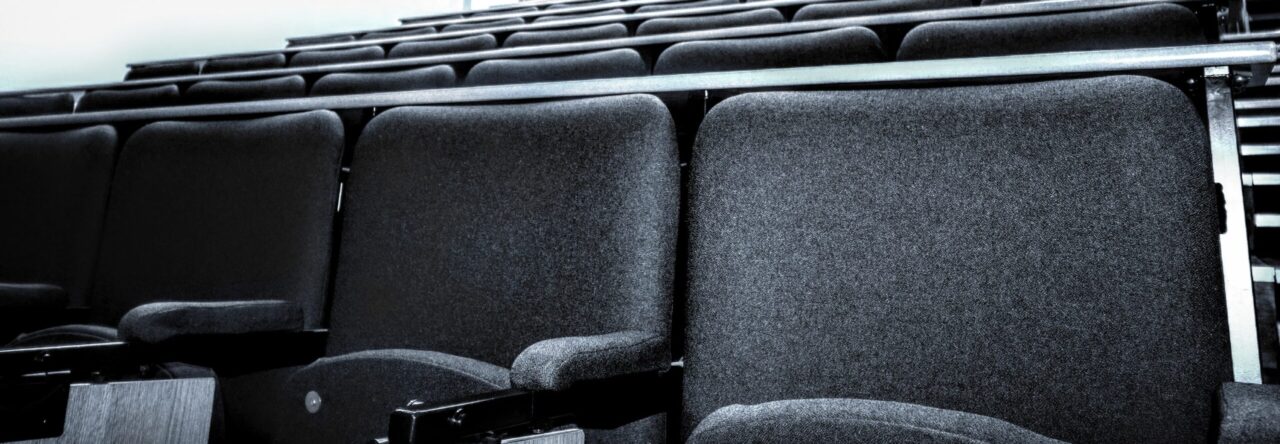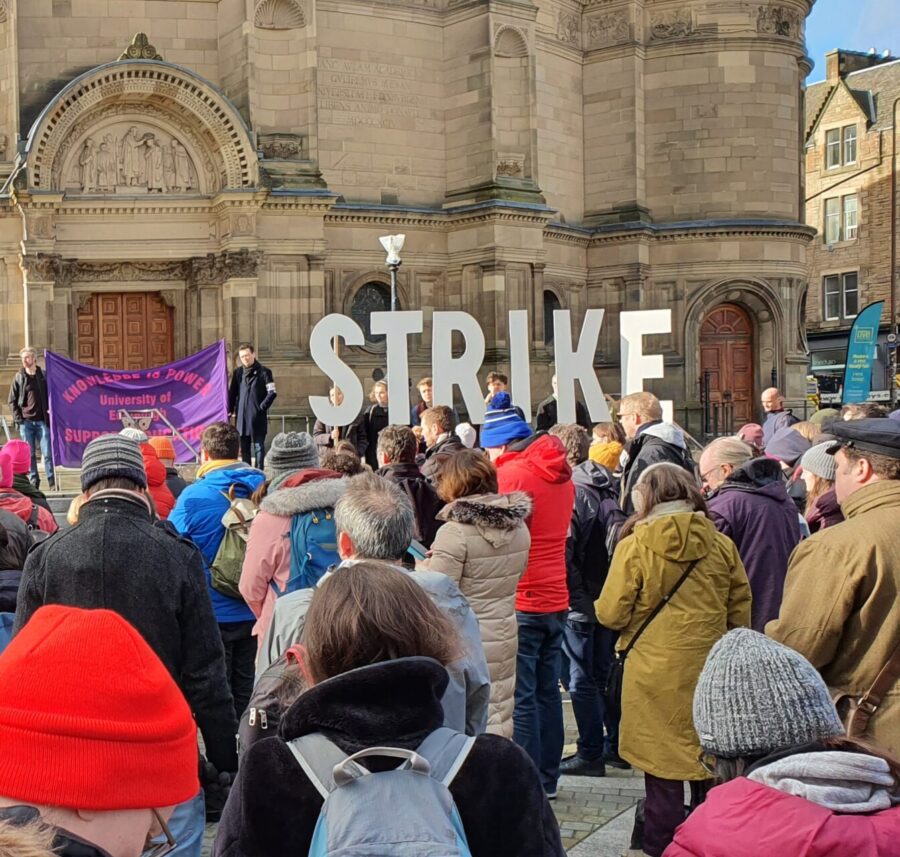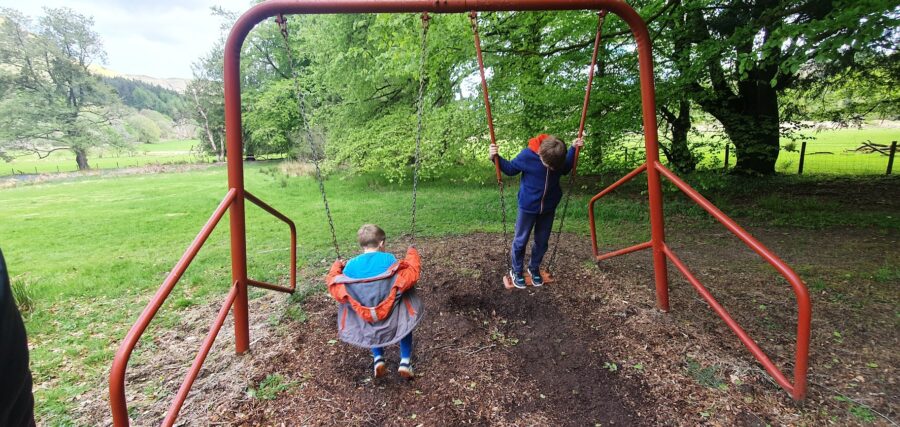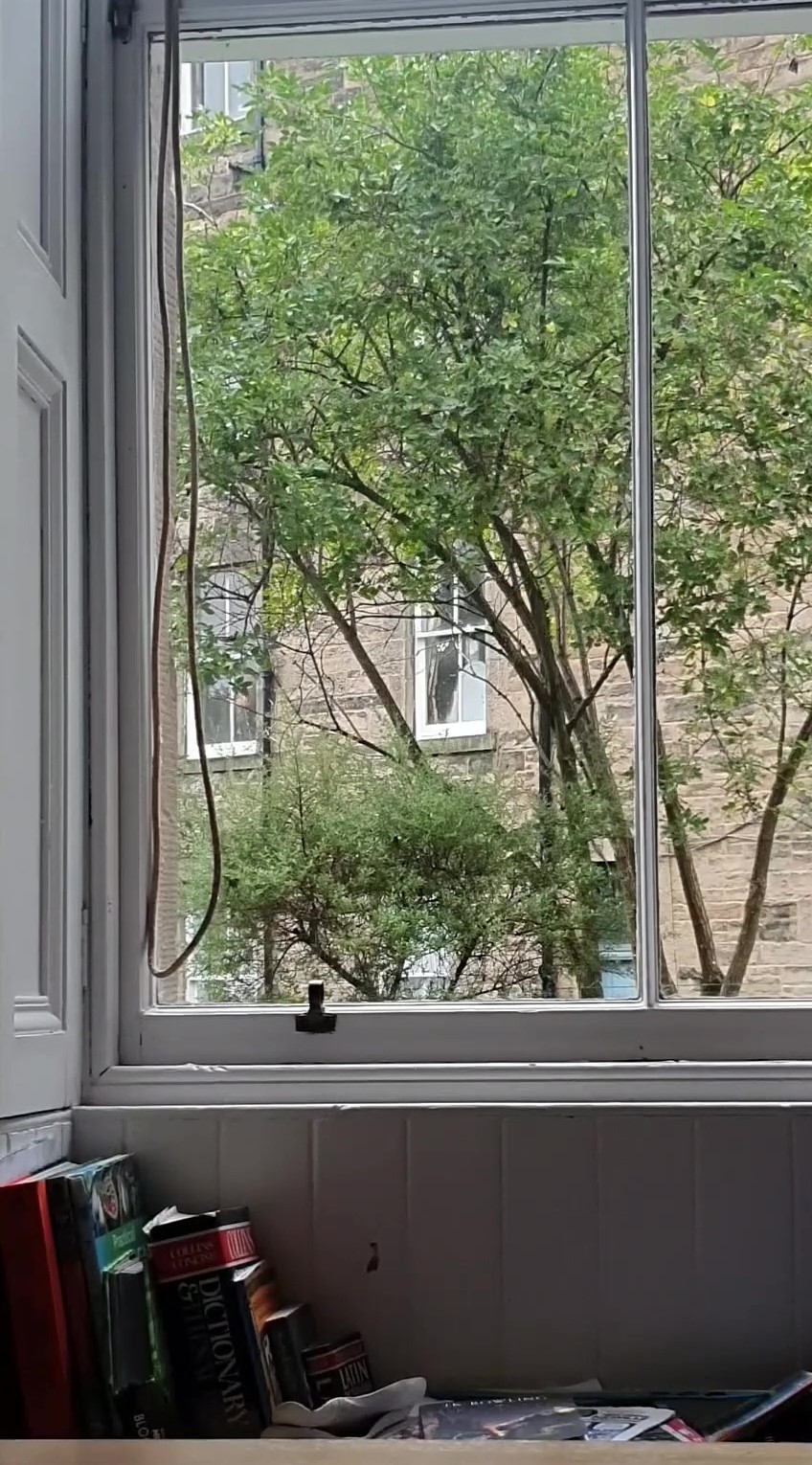This week we launched a creative commons multimedia e-textbook, Fundamentals of Music Theory. This came about as the result of a pilot Open Educational Resource project, and – funded by a Student Experience Grant – we paid three Music student interns to work on the transfer of a range of existing digital materials into this new source, providing some valuable work experience. (The valuable part came from the tutelage of the OER team, with their experience in collaborative project working and their handling and direction of the interns. It was also valuable for me to watch how they did this, and to see our students operating in a different context, away from lectures and tutorials.)
Overall it was a very positive experience, though the timing of the project meant that it took place across perhaps the most stressful and intense period of working I have known. Early discussions and then application coincided with the end of a period of industrial action/the onset of the pandemic. The recruitment phase took place in lockdown Semester 1, 2020. The active, funded portion ran from January to June 2021 while we struggled on to the end of the locked-down academic year.
The chance to develop freely available, open educational resources is precious to me, and a key reason for this is because OER can stand in as an attitude of welcome, of hospitality. Meanwhile in my daily working life, I’m finding fewer and fewer opportunities to perform the deliberate gestures which create space to give and receive (Would you like a cup of tea? Let’s eat together. Come sit down, let’s talk!). As an educator, I sorely miss these chances to rehearse and to model authentic dialogue.
I’d like to believe that academic communities’ primary work is to share what they know and to keep learning more. But I feel deeply concerned that the many forces which are currently squeezing and shaping my daily working life are causing damage to this fundamental professional (vocational?) commitment. I don’t believe that the pandemic is the main issue here.
The example of PhD viva voce examinations: an extended, rigorous, intellectually and creatively gruelling dialogue between scrutinizers and defender, the culmination of a minimum three years independent work by the candidate. The process has thankfully been modernized (and shortened) compared to the most antiquated version of this rite of passage. But still: pre-meeting, examination, and feedback session all in cannot take less than 3 hours, usually longer. The standard hospitality for this event now? No tea or coffee. No biscuits. Forget sandwiches!
It’s revealing that locked-down, virtual Zoom vivas have felt like a relief because of the way that they remove what has become burdensome hospitality. But I don’t want to lose these skills and opportunities!
The PhD viva is a specific example, but it’s indicative and it flags up wider issues – including debilitating busyworkload – which limit the good quality talking and listening that are essential for good quality scholarship and education. If you need to book a room ahead and factor in transit time for that chat, it’s far less likely to happen. And when booking and reporting processes are required to execute the most essential daily transactions, the effect is that we are in constant competition for funds, for time, for space with our own colleagues.
UCU is balloting. I’m devastated at the thought of more strikes, distressed students, pay loss. I care a great deal about my professional capacity to offer hospitality and create space for meaningful dialogue. I am grateful that my institution has put such resource behind OER – including committed, skillful individuals. But while strike action withholds in the short term, I don’t see any better option than to fight to preserve the value of open, accessible, meaningful dialogue and knowledge creation.



